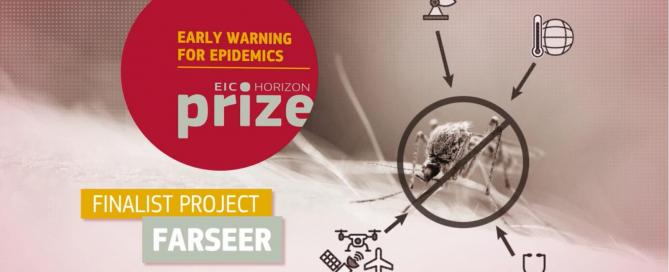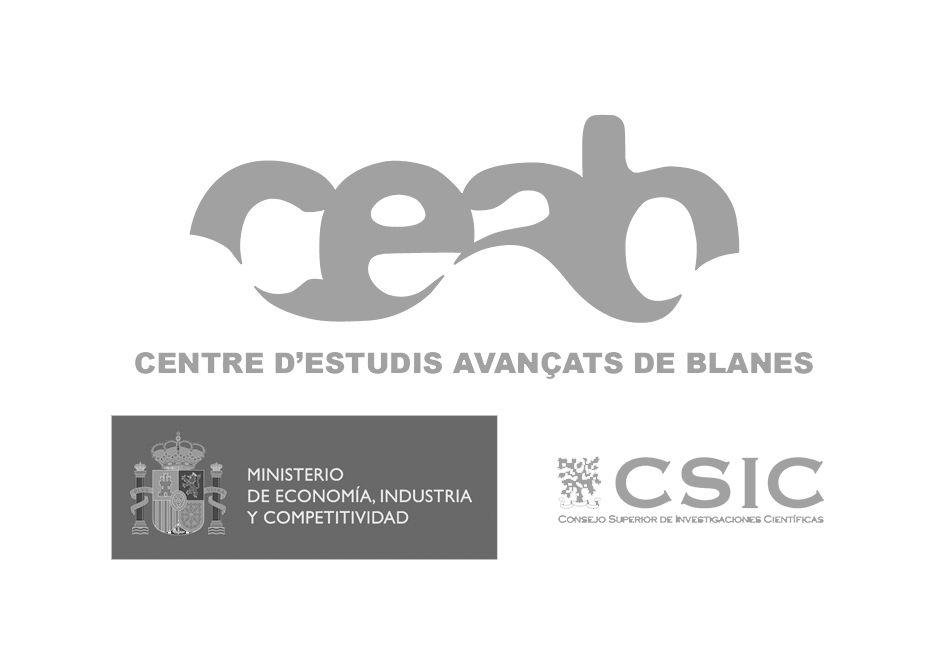A consortium led by the CSIC, specifically by the Center for Advanced Studies of Blanes (CEAB-CSIC) and the researcher Frederic Bartumeus and with the participation of Pompeu Fabra University, the Benaki Institute of Phytopathology (Greece), the Spanish SME Irideon, the Belgian SME Avia-GIS and the Oxford Environmental Research Group ERGO, have developed the FARSEER project.
The project has been carried out within the framework of the European Commission’s EIC (European Innovation Council) innovation awards. These are awards for innovative solutions to different global challenges. Specifically, the challenge we have faced is: Early detection of epidemics.
Specifically, the challenge was to develop a scalable, reliable, and cost-effective prototype early warning system for predicting and monitoring vector-borne diseases such as malaria or Zika in order to reduce or prevent the threat.
Mosquito Alert, a key part of the FRASSER project
The FARSEER project is an early warning system capable of providing real-time and effective information for public health technicians to prepare a response. appropriate to the risk of an epidemiological outbreak of mosquito-borne diseases, such as dengue, Zika, or West Nile fever, in order to reduce or prevent the threat.
Part of the innovative solution is to incorporate the Mosquito Alert citizen science observatory, on monitoring and control of invasive mosquitoes and/or disease vectors through open science methodologies and the incorporation of new technologies.
“I am very pleased to see that the effort of years with the Mosquito Alert citizen science initiative can be recognized and used in early warning systems at European or even global level”, explains researcher Frederic Bartumeus, co-director of the Mosquito Alert project.
Make use of the Mosquito Alert’s citizen science, it places people at the heart of the surveillance system, as well as smart traps (internet of things) to track mosquito populations in real time on a spatial scale without precedents.
“I am proud to be part of this initiative to improve Europe’s early warning capacity for mosquito-borne diseases”, says Dr. John Palmer, researcher at UPF and co-director of Mosquito Alert.
Real-time monitoring of populations of disease-transmitting mosquitoes represents a great innovation that, when combined with climatic, environmental and demographic variables, allows daily models of the risk of encounters with mosquitoes and possible transmission of diseases to be developed. It is a decision-making support system for public health experts in charge of mosquito management that has been demonstrated at a municipal level in Barcelona, as well as its scalability at a Spanish and European level.
Awards for innovative solutions to different global challenges
The award aligns with the World Health Organization’s global policies and challenges, the Sustainable Development Goal 3, as well as the cross-cutting priorities of innovation and open science. It is part of the Horizon Europe Framework Program.
Finally, the winning project has been the “Early Warning System for Mosquito-borne Diseases (EYWA)“, a system that transforms scientific knowledge into a decision-making tool, contributing significantly to combating and controlling the threat of transmitted diseases. by mosquitoes.




